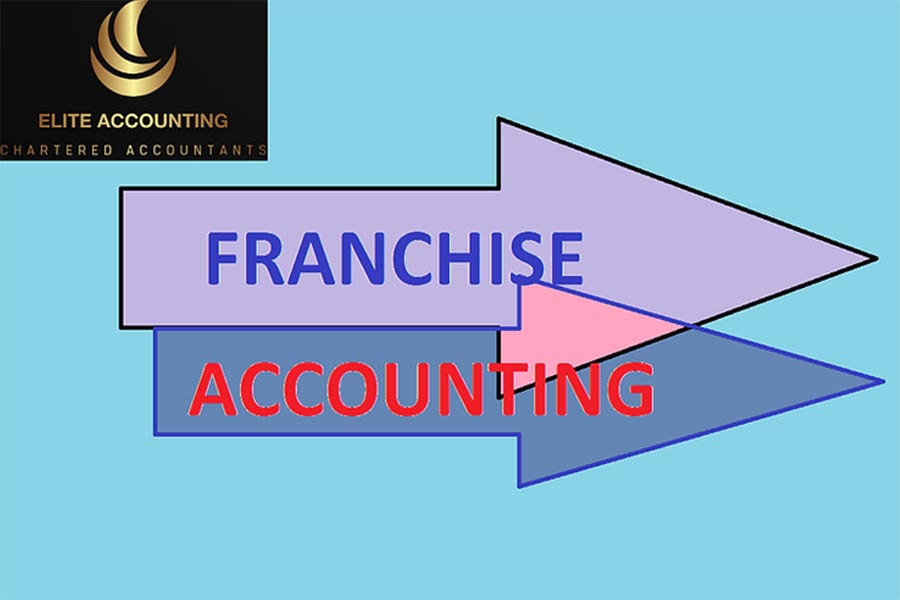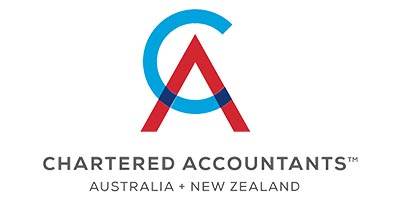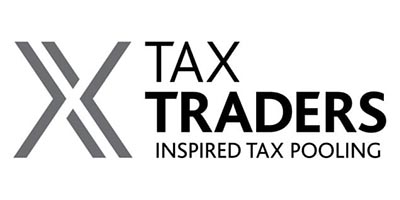Franchise accounting is similar to accounting for other businesses, however there are some aspects which are unique to franchises. Understanding how a franchise is managed and implementing strategies which suit and grow the business will be vital to its success.
Our blog Should I buy a franchise explains what a franchise is and the advantages and disadvantages of buying a franchise. In this blog we will try to explain accounting for franchises.
Cost of running a franchise
The franchisor owns the brand or other intellectual property however the franchisee normally owns the location they operate out of. The franchisee is responsible for the costs of the location, cost of staffing its operations and maintenance costs. The franchisee also pays initial fees or purchase price of the franchisee and then ongoing franchisee fees. There might be additional advertising and marketing contributions which the franchisee will have to pay.
Furthermore, to be successful the franchisee must have a set of key performance indicators (KPIs) which they should meet. These KPIs are sometimes defined by the franchisors but if not, franchisees should get their accountants to define these.

Brand & Intellectual Property
The franchisee might use the franchisor brand, trademarks, know-how and other intellectual property to sell its products or services, however as it does not own any of these it does not appear on the franchisees balance sheet.
Initial Fees
The initial fee paid by the franchisee to the franchisor for the right to use its brand, intellectual property etc is treated as a capital investment. The initial fee is treated similar to the investment when you buy a business hence it cannot be expensed.
Renewal Fees and Ongoing Franchise Fees
Ongoing franchise fees are a deductible expense and so are any advertising or service fees paid to the franchisor. Renewal fees might be deductible depending on the circumstances and the franchise agreement.
Cashflow Planning
Cashflow planning is very important, as buying and operating a franchise requires a large cash outlay. Depending on the type of franchise it may also have substantial operating costs. Good cashflow planning will assist in a franchise meeting its debt obligations on time such as paying suppliers, employees and taxes.
Bad cashflow planning will leave franchise with no liquidity and it will have problems paying its bills and in the worst-case scenario might lead to business failure.
Key Performance Indicators (KPIs)
KPIs provide a measure of success for franchises. These indicators can help the business focus on areas of growth or areas where improvement is required. They can also assist with driving behaviour amongst staff by measuring and rewarding good behaviour.
Every franchise needs to adopt a set of KPIs based on their business goals and measure these regularly.
This article provides a brief overview of accounting for franchises. For specific questions please contact us.







